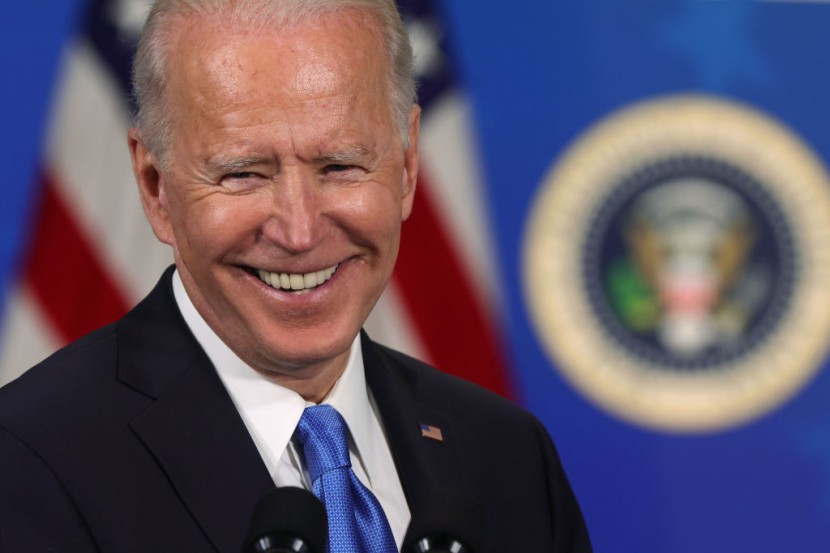
President Joe Biden's Infrastructure Plan, said experts, are not beneficial for many reasons. Many don't agree that raising taxes will benefit everyone, as the White House promotes it.
Experts of the administration say that adverse effects will be counterbalanced. Like the $1 trillion COVID-19 Bill, this bill will meet resistance from the GOP.
Biden's Infrastructure Plan
The White House promoted its ambitious infrastructure package with significant tax increases inclusive of the proposal. One major part is taxing U.S. corporations to cover the massive $2 trillion price tag. This initiative will come in two installments, as reported by the Epoch Times.
The president described it as one of the most significant job-generating investments in recent times. He began promoting it in an address at Pittsburgh last March 31.
According to the plan, the government is spending a huge amount on infrastructure to give everyone jobs. One more goal is to make the U.S. more competitive versus China.
This initiative will be done in eight years, and a hefty tax on U.S. companies is to be imposed in over 15 years. The federal corporate tax rate was at 21% during Trump's term. This administration made it a whopping 28% which raised eyebrows for those affected by the tax hike.
Joe Biden's $2 Trillion Infrastructure Plan Comes in Two Parts
Sources say that the Congressional Budget Office (CBO) has made studies that show an opposite effect on the White House claims. These benefits will not lead to ambitious investments.
The current administration has emerging barriers that don't support the tax increases under the proposal, according to Scott Hedge of the conservative Tax Foundation. He stressed that the proposal causes more economic harm.
One of the proposal's shortcomings is that Federal investment supported by debt or taxes will not work out in the long run. An effect of federal borrowing and a massive tax hike is lessening private investment, said Hodge.
A way to keep the economy healthy is by financing federal investments and spending on essential programs. This proposal by the administration has too many items that could be under scrutiny.
Based on the CBO models, the Democrat proposal should do a tax hike that won't lower economic output and personal consumption. Biden's proposal has yet to be considered if passed.
If the corporate tax is 28%, that will lead to a federal-state combined tax rate of 32.34% that will do more economic harm. Should it be passed by the Senate, that will lessen U.S. competitiveness very negatively.
Jen Psaki remarked on April 1 that the tax hike is not as high in the last 70 years. As a defense to questions about the increased corporate tax, she cited that Fortune 500 companies paid nothing in 2018.
She then said it was not fair, making it a justification for Biden's infrastructure plan. On the Republican side, Senate Minority Leader Mitch McConnell (R-Ky.) said they would fight it in the Senate.
President Joe Biden's Tax Hike: Not Advisable, Reverses Trump Era Gains Says Rep. Meuser
Joe Biden's $3 Trillion Package to Come Next After Stimulus Bill
Biden Approves $1.9 Trillion Stimulus Bill Ready for Rollout
© 2026 HNGN, All rights reserved. Do not reproduce without permission.








